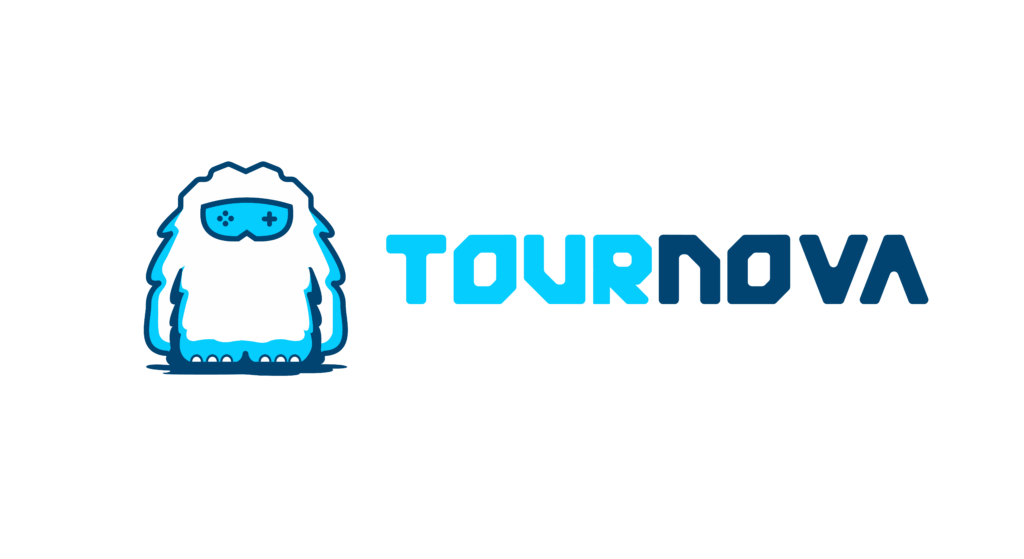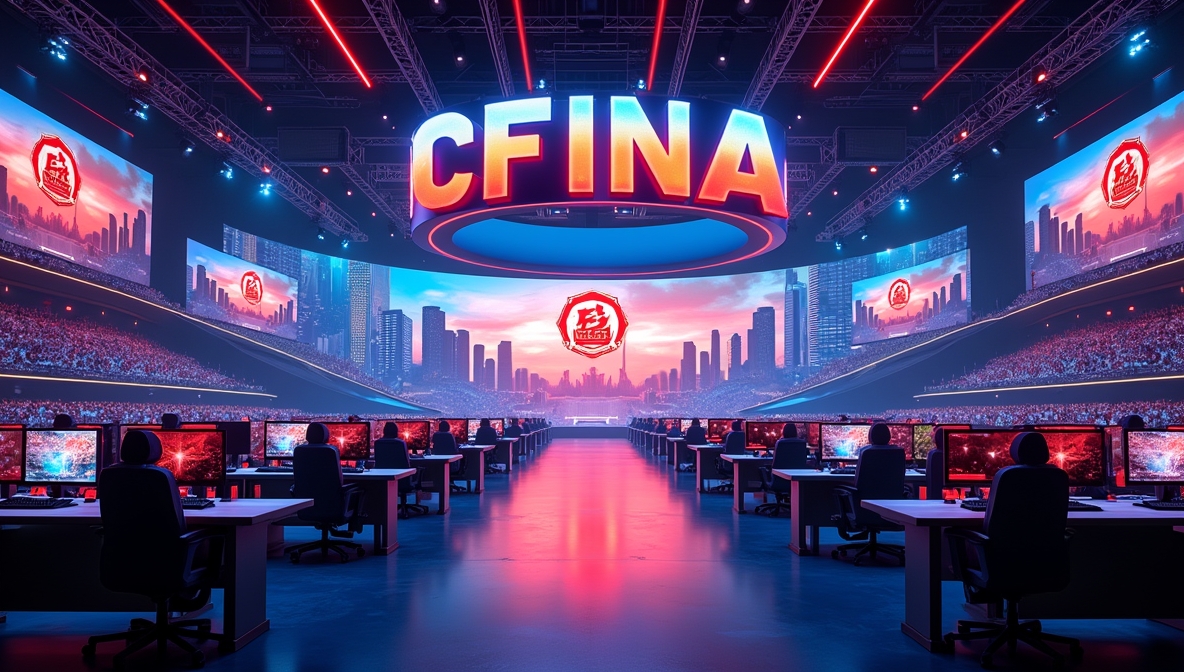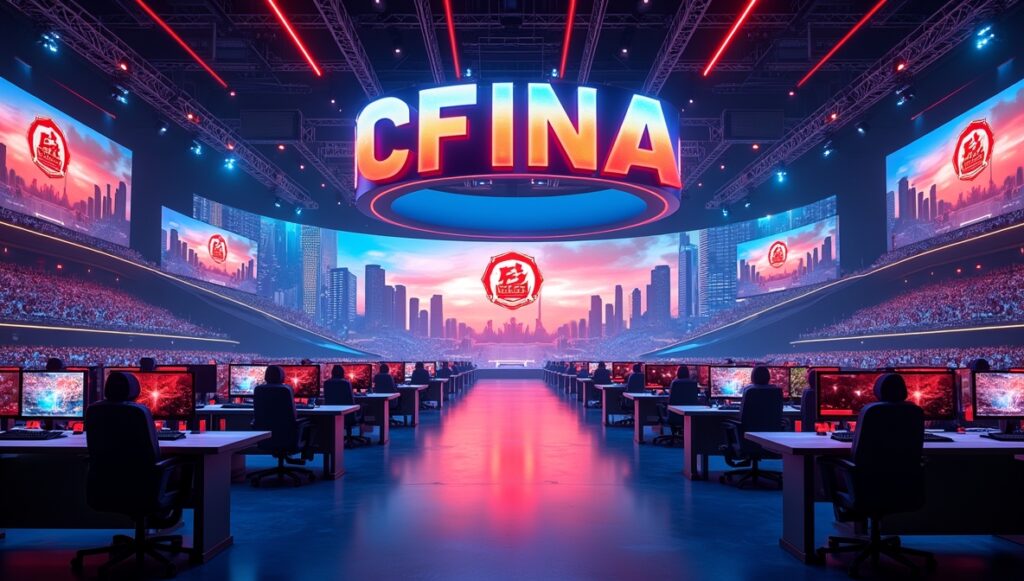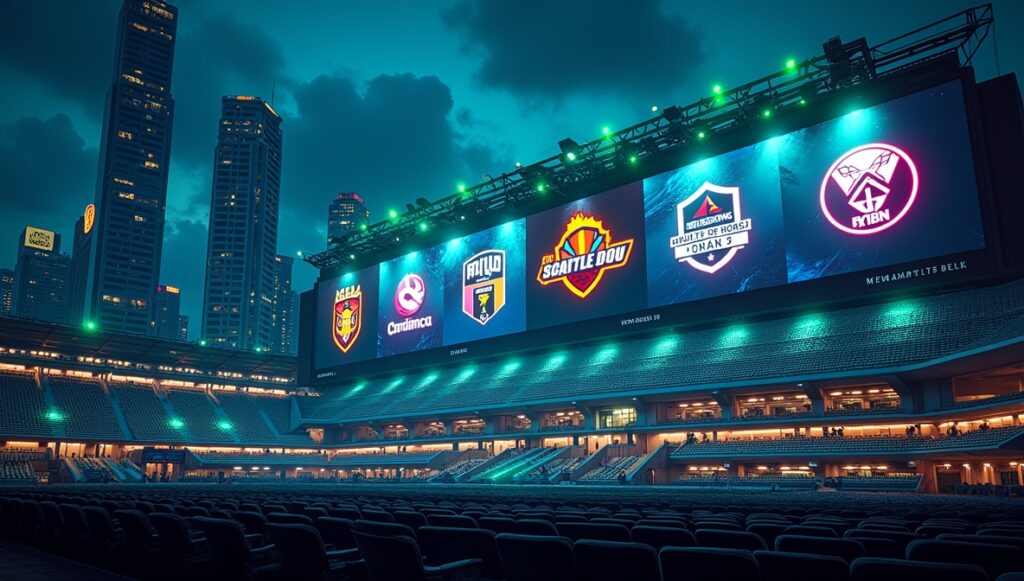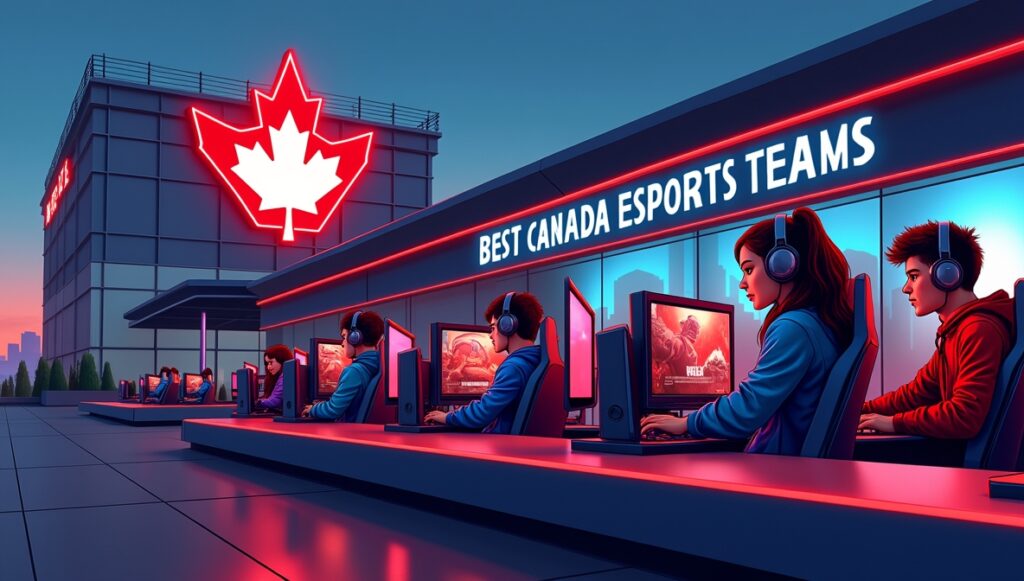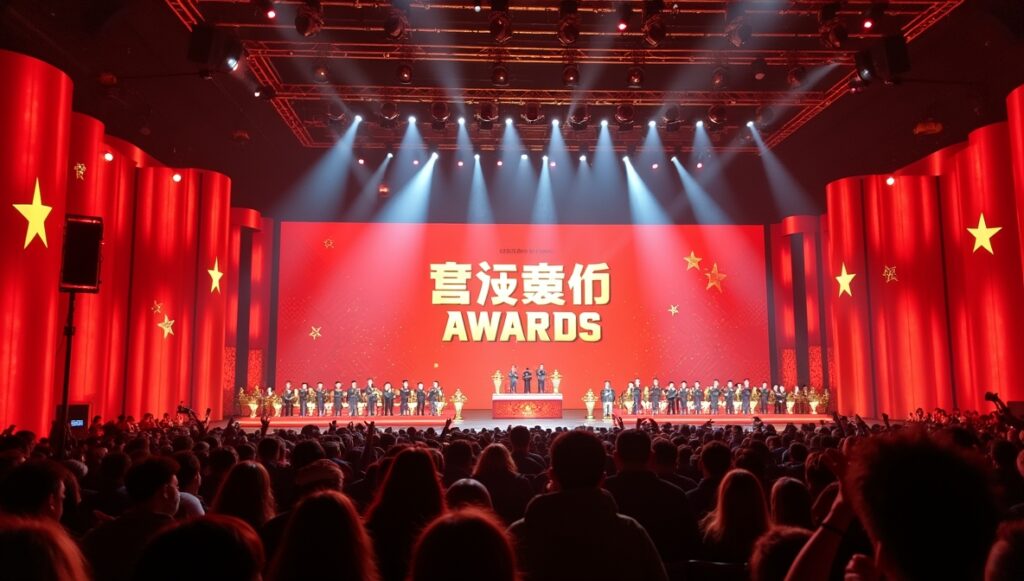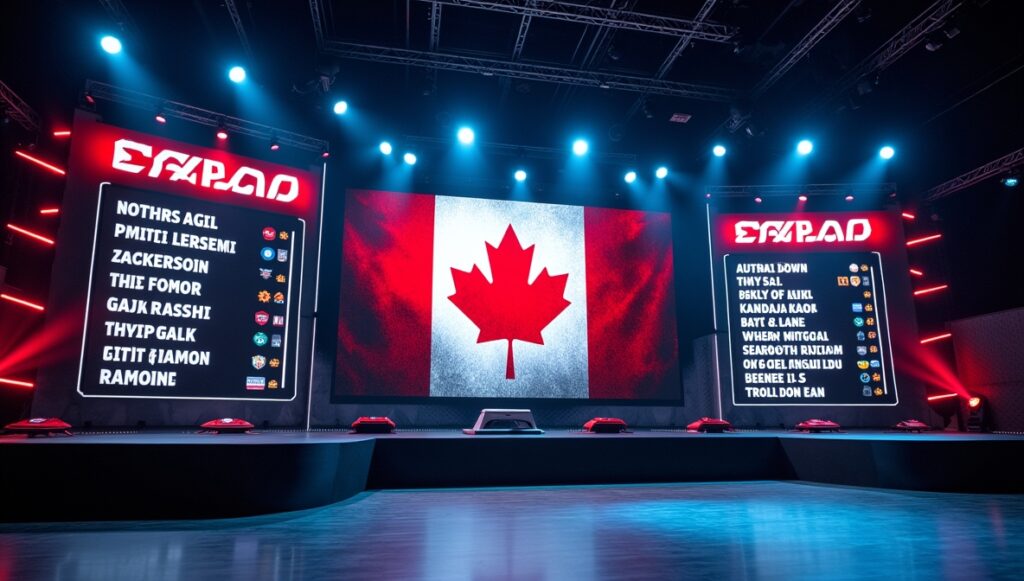When we first tuned into a packed-out bird’s nest stadium in Beijing for a global esports final, it struck us: esports in China isn’t just a hobby here; it’s a movement. Towers light up, crowds chant, and what started as local café battles now fills arenas with thousands of roaring fans (not to mention millions more online). China’s esports events are more than just competitions; they’re national moments and springboards for dreams, where rookies and superstars mingle on the same stage. It’s no exaggeration to say China is at the heart of the global esports storm. Let’s dig into why China esports events and tournaments matter, what makes them so electrifying, and how anyone, yes, even newcomers, can be swept up in the excitement.
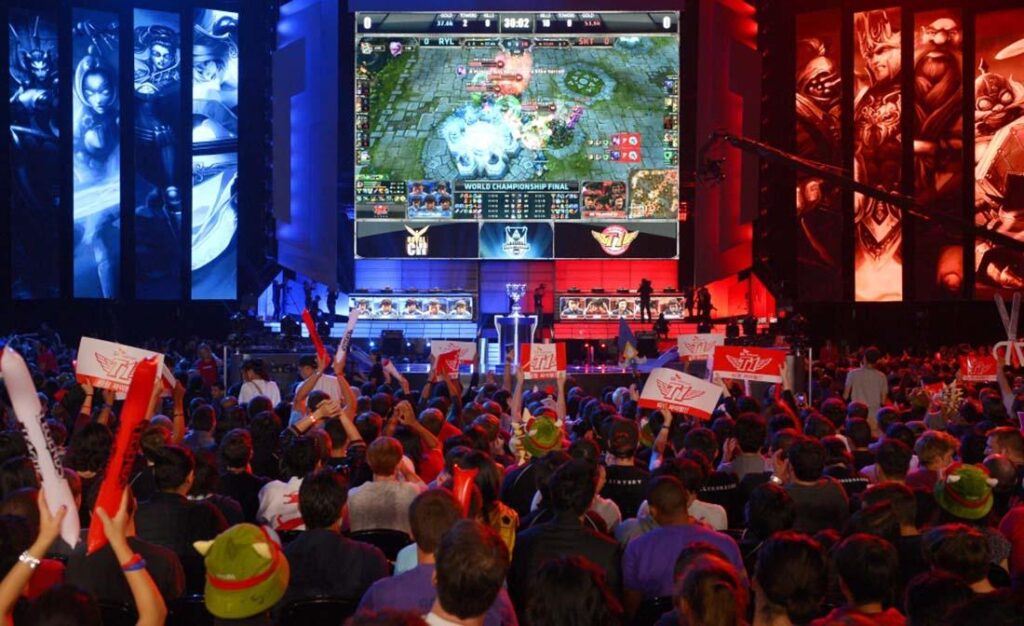
- Esports infrastructure is expanding fast, with venues such as the Hangzhou Esports Centre and JDG’s home stadium supporting thousands of fans.
1. China Esports Events and Tournaments: A World-Class Powerhouse
Few places can match the size or ambition of China’s esports spectacles. Every year, the country hosts some of the world’s most-watched tournaments, both for international fans and an incredible, passionate local audience. We often hear the question: “How big is China’s footprint in esports tournaments?” The answer? Imagine tens of millions watching online, stadiums packed to the rafters, and government recognition that’s taken gaming from taboo to mainstream stardom.
With both financial muscle and creative energy, China doesn’t just run events; it constantly redefines what’s possible. Whether you’re after high-stakes pro league action or the buzz of a city finals at a local gaming café, China is where old-school LAN nostalgia meets cutting-edge spectacle.
2. Types of Esports Events in China: From Stadiums to Online Arenas
Not all China esports events and tournaments here rock a stadium. Some are streamed from intimate studios; others light up universities or internet cafés. The mix is wide, and everyone can find their fit:
- International Majors: The League of Legends World Championship (held in China several years), The International (Dota 2), and cross-region invitationals often land in Chinese cities, bringing the world’s best to home turf.
- Domestic Pro Leagues: Leagues like the LPL (LoL Pro League), KPL (Honor of Kings Pro League), and CrossFire Pro League create season-long sagas, where top Chinese teams build legacies and rivalries.
- Amateur and Grassroots Competitions: From high school brackets to café tournaments, there’s an event for every level. Many big stars got started here.
- Campus & Collegiate Leagues: Schools and universities now run thriving leagues, often with support from major organizers or sponsors, giving grassroots talent real shot-calling experience.
So, what kinds of tournaments are held here? In short: everything, from grassroots LANs to jaw-dropping, globe-stopping spectacles.
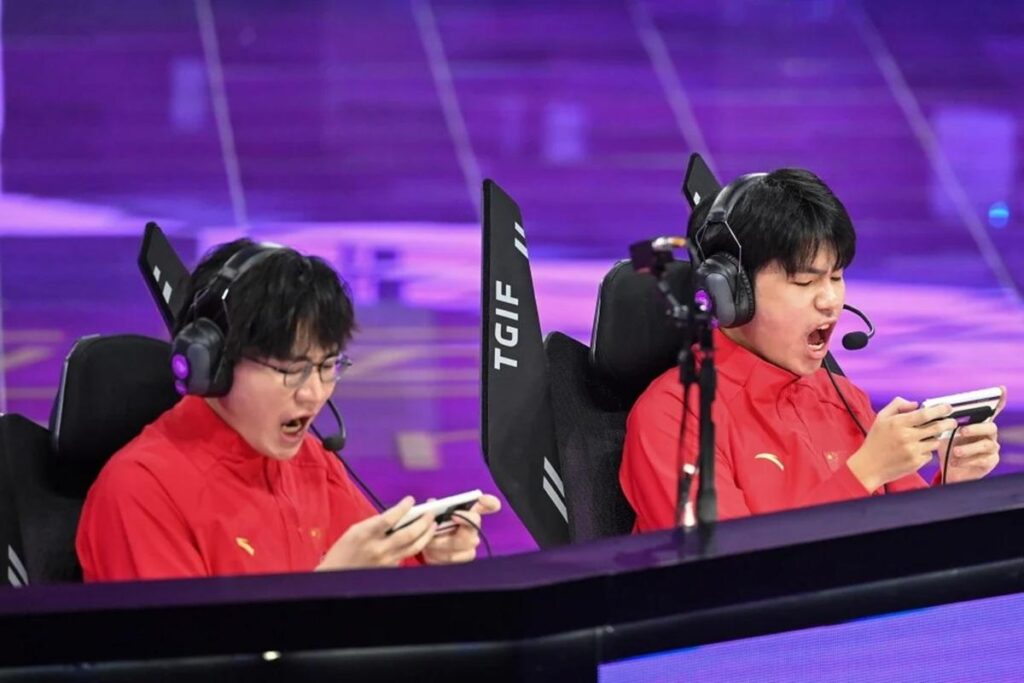
- China previously hosted the world championships in 2017 and 2020, with the 2017 finals in Beijing’s Bird’s Nest stadium.
3. Major Esports Tournaments Hosted in China
Nothing quite matches the spectacle of China esports events and tournaments. The famous League of Legends World Championship made Chinese stadiums echo with cheers, while Dota 2’s The International in Shanghai set production benchmarks that still leave us awestruck.
- League of Legends World Championship – Held in venues like Beijing’s Olympic Stadium and Shanghai’s Mercedes-Benz Arena, these events draw crowds you’d expect at rock concerts. The tech, choreography, and sheer scale feel more like an Olympics ceremony than “just” gaming.
- The International (Dota 2) – Hosted in Shanghai in 2019, this event boasted one of esports’ largest-ever prize pools and delivered drama at every turn.
- Honor of Kings World Champion Cup – As China’s hottest mobile esports, the KPL’s grand finals pack stadiums with thousands, showing off just how mobile-first China’s scene has become.
- CrossFire Stars & Peacekeeper Elite Championships – FPS classics that have massive (if less globally visible) followings, with finals broadcast to millions.
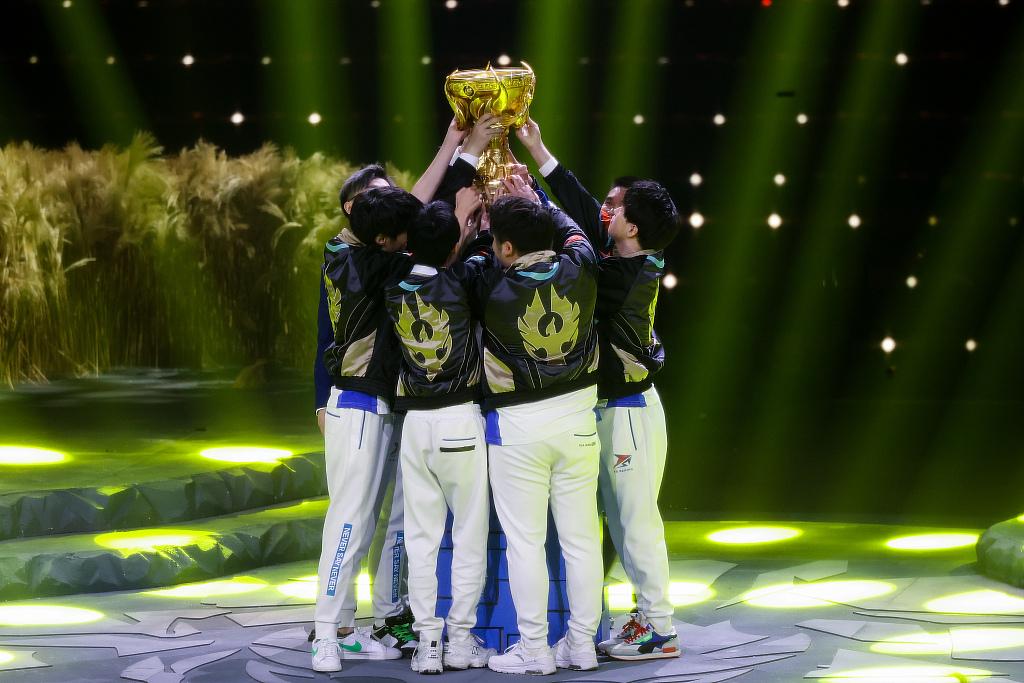
- In 2022, it evolved into the International Championship (KIC), expanding team participation from China and South Korea.
The big question: “Which are the largest China esports events and tournaments?” These, hands down. High stakes, high production, and enough passion to make even non-gamers take notice.
4. Popular Game Titles and Competitive Scenes in China
Whenever someone asks what games lead to in China, it’s tempting to respond with “all of them,” but certain titles do set the pace. Let’s break it down:
- League of Legends (LoL): Still the king on PC, with immense pro and amateur participation.
- Honor of Kings: A mobile juggernaut, this MOBA defines Chinese mobile esports and fills out entire entertainment complexes for its grandest events.
- CrossFire & CS:GO: FPS action has long roots here, with CrossFire leagues generating millions of loyal followers.
- Peacekeeper Elite (PUBG Mobile in China): Bringing battle royale to the masses on mobile, drawing crowds in both live and online formats.
- VALORANT & Others: While newer and not as established, games like VALORANT and fighting game tournaments (think Street Fighter or even Clash Royale) are fast-growing.
In China, which genre wins? MOBAs (both PC and mobile), followed by FPS and strategy games. Each scene has its own energy and evolving cast of stars, giving fans plenty of options for weekend viewing.
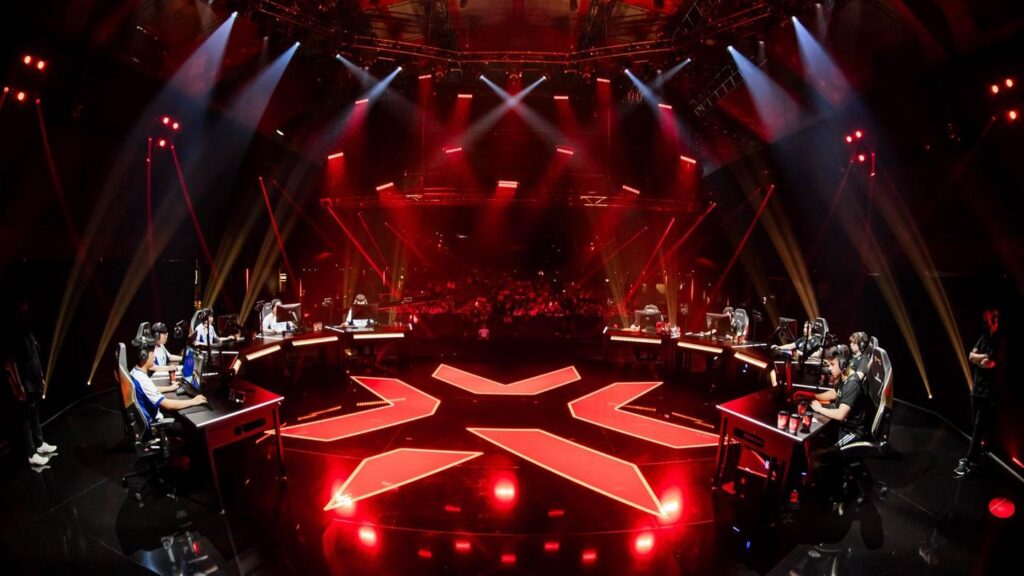
- The CrossFire Mobile League (CFML), active since 2018, continues strong in 2025 with Season 17 featuring major sponsors.
5. Community, Student, and Local Tournaments
There’s something extra charming about wandering into a café tournament or staying up late to catch a campus league finals. Maybe it’s because so many pros started here, or maybe it’s the casual, welcoming vibe.
Almost every big city has China esports events and tournaments, from local brackets to school-based competitions, and sign-ups are easier than you’d think. Players usually find events on platforms like Weibo, QQ groups, café notice boards, or school esports clubs. Local tournaments offer paths to bigger spotlights; scouts and sponsors often visit with eyes on the next breakout talent.
If you’re wondering, “Can regular players sign up for Chinese tournaments?”, absolutely. These grassroots events are the bedrock of the scene, and anyone with the guts (and, honestly, a good internet connection) can take a shot.
6. How to Watch or Attend China Esports Tournaments
We know, seeing all this hype, you’ll want to catch it live. Luckily, watching China’s tournaments is easier than ever, even from abroad.
- Online Streaming: Platforms like Bilibili, Huya, and DouYu are the pillars for live broadcasts. Big events are sometimes simulcast on Twitch or YouTube, often with English commentary.
- Tickets & Schedules: Most ticketing info drops on official tournament websites or event Weibo pages. Some venues even announce last-minute giveaways or lotteries for the most anticipated finals. Always check dates and cities, as venues rotate between major urban centers.
- Fan Culture: Chinese esports crowds are something else; think drumlines, cosplayers, and themed merchandise booths. Even if you can’t be there in person, social media regularly features crowd moments that go viral worldwide.
If you’re not fluent in Mandarin, search for English esports fan communities and translation groups. Many now offer real-time coverage and live chat for international fans.

- The 2025 KPL Grand Finals will be held at Beijing’s 91,000-seat National Stadium.
7. Impact of China’s Esports Events on the Global and Local Community
Let’s pause here a moment; China esports events and tournaments aren’t just about epic matches. China’s events fuel careers, launch companies, and even reshape tourism.
- Global Influence: Major tournaments hosted here set international standards for production and fan engagement; teams and organizers worldwide watch and learn.
- Community Growth: Local events give students and young talent real, hands-on experience. Plenty of pro casters, coaches, and staff started with a weekend gig at a campus showdown.
- Economic Impact: Esports now fuels new jobs (think: game designers, event staff, streamers), fills hotels and restaurants, and even brings in international fans for big finals.
So, “How do these events shape the community?” They make esports more accessible, professional, and, crucially, a place where everyone can belong.
Tournova: Powering Community Growth at Every Level of China’s Esports Tournaments
China’s esports scene is defined by grand stadium spectacles and grassroots events alike, all fueling a culture where anyone can find their place, whether in the spotlight or cheering from the stands. From massive China esports events and tournaments held in world-class arenas to intimate local competitions, the ecosystem is vast and vibrant. Tournova’s platform is built to support this kind of wide-open, multi-layered ecosystem. By offering simple tools on Telegram and Discord, Tournova enables local organizers, student groups, and amateur players to run their own competitions, from small school brackets to larger community showdowns, all with automated brackets, smooth registration, and instant results reporting.
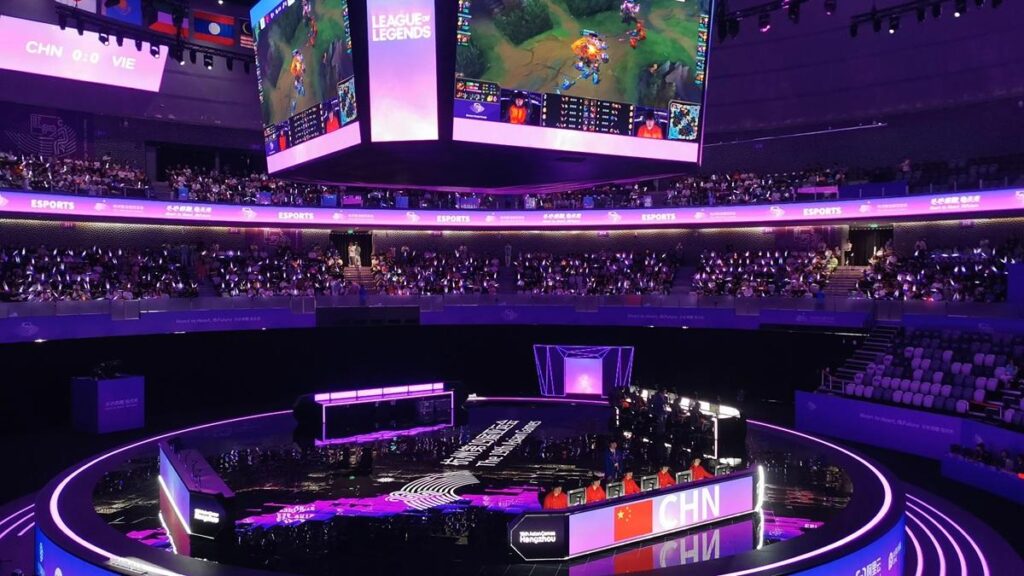
- Driven by widespread mobile penetration and strong digital infrastructure, China’s growth in eSports is guaranteed.
But it’s not just about organization. Tournova energizes participation through its token economy, where players and organizers earn tokens by joining tournaments, achieving results, or inviting others. These tokens can be used for premium tournament entry, digital rewards, or special in-platform auctions, making every local match part of a broader, rewarding journey. As China’s esports continues to grow, bringing more new faces, more legends, and fresh stories, Tournova offers tools that help each community build its own legacy, ensuring everyone has a chance to play, create, and be part of the excitement from their first local tournament to the biggest arenas.
8. Finishing Thoughts: The Evolving Future of China’s Esports Tournaments
China keeps showing us just how fast an already massive scene can evolve. New games break out, more stadiums sell out, and digital audiences keep climbing. If you’re hoping to get in on the action, whether as a player, a fan, or just someone looking for a warm, vibrant community, there’s never been a better time to pay attention. Keep one eye on the latest event schedule, and don’t be afraid to join a local league or campus group. You never know: today’s grassroots player tomorrow might share the same stage as global legends. In China, the doors to the arena are wide open for everyone. Whether you’re a casual player or dreaming of the big leagues, China esports events and tournaments deliver stories, surprises, and a sense of belonging you can feel from the front row, or your own living room.
FAQ
Q1: Are there age restrictions or requirements for entering Chinese esports tournaments?
Most professional leagues in China have age requirements (usually 16+), but community and student events often accept younger players. Always check individual tournament rules before signing up.
Q2: How do new esports franchises or games get tournament support in China?
Developers and local partners typically build buzz with exhibition matches, influencer showmatches, and city-based qualifiers before launching full leagues or national championship circuits.
Q3: What is the role of sponsors or brands at China’s esports events?
Sponsors are highly visible, supporting everything from prize pools to fan activities, merchandise, and arena set-ups. Many events have strong partnerships with tech, energy drink, and even auto brands.
Q4: How important is cosplay or entertainment at Chinese esports tournaments?
Extremely! Nearly every large event features cosplay competitions, music acts, and themed fan zones alongside the matches, celebrating both gaming and pop-culture fandom.
—
Infographics:
🇨🇳 China Esports Events & Tournaments: Where Legends Begin
—
World-Stage Action
– China hosts record-shattering events; LoL Worlds, The International, and KPL fill stadiums and draw millions online.
– Government backing has turned esports from niche to national pride.
—
All Levels, All Places
– International majors in super arenas, plus a cafe, campus, and online competitions for everyone.
– Pro leagues: LPL (LoL), KPL (Honor of Kings), and CrossFire keep fans hooked season after season.
—
Biggest Games & Genres
– MOBAs like League of Legends and Honor of Kings lead the pack.
– FPS (CrossFire, Peacekeeper Elite), Battle Royale, and fighting games round out the excitement.
—
Community at the Core
– Local tournaments in schools, uni leagues, and city cafes; anyone can join!
– Grassroots events are pro-pipelines and open doors for new talent.
—
How to Watch or Attend
– Stream on Bilibili, Huya, DouYu; big finals sometimes hit Twitch/YouTube.
– Live shows feature cosplays, fan merch, music, and that stadium roar.
